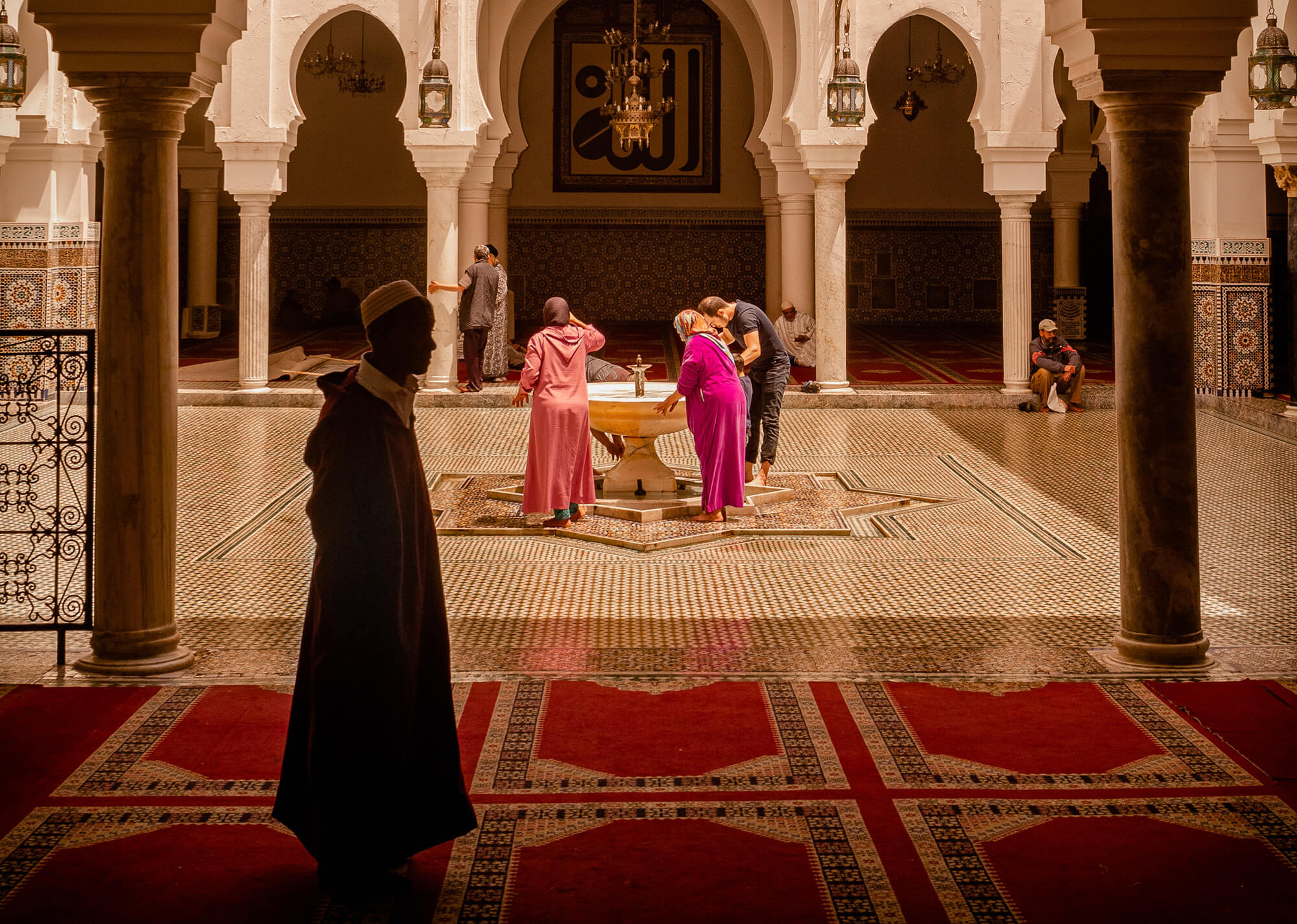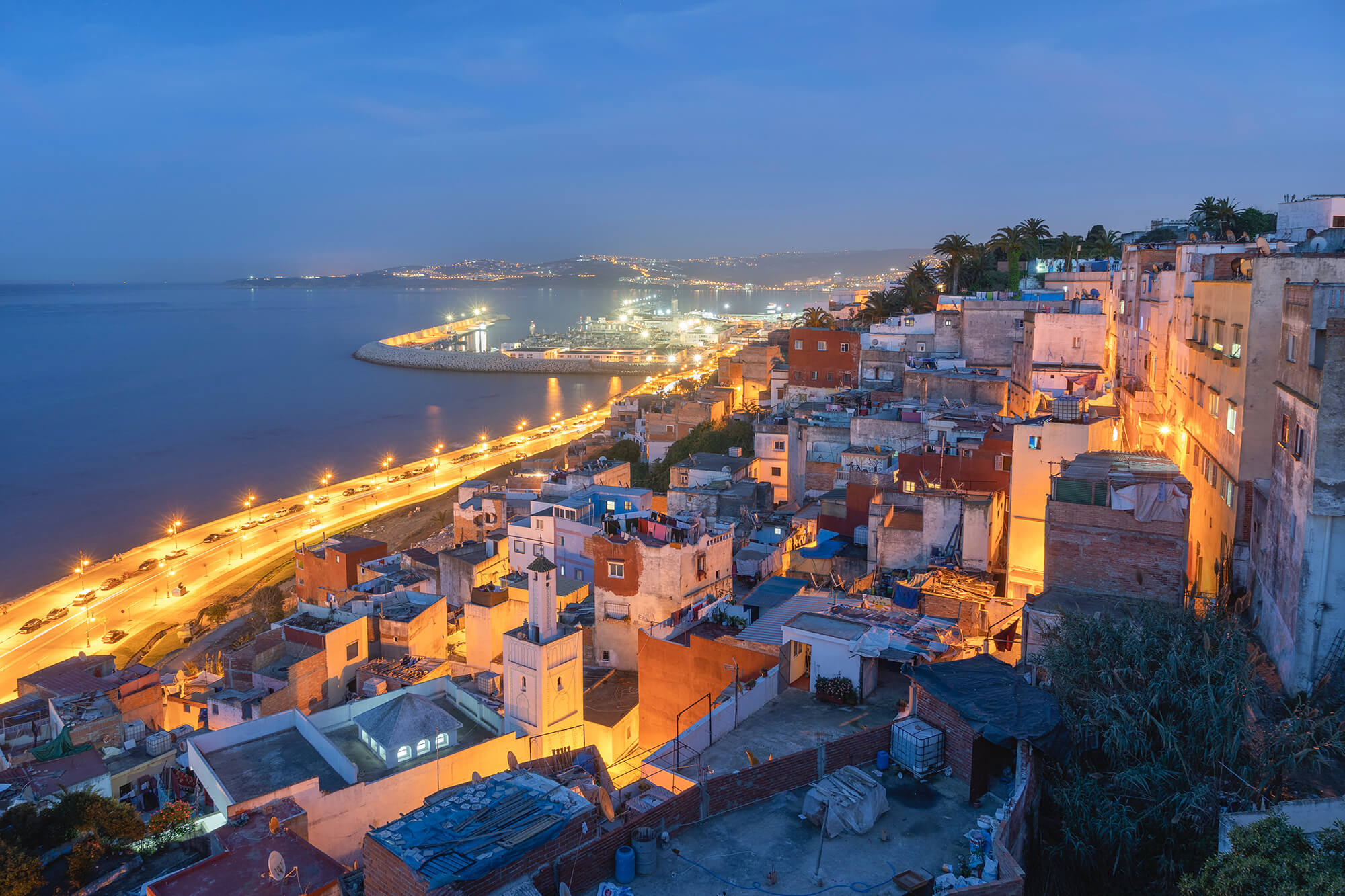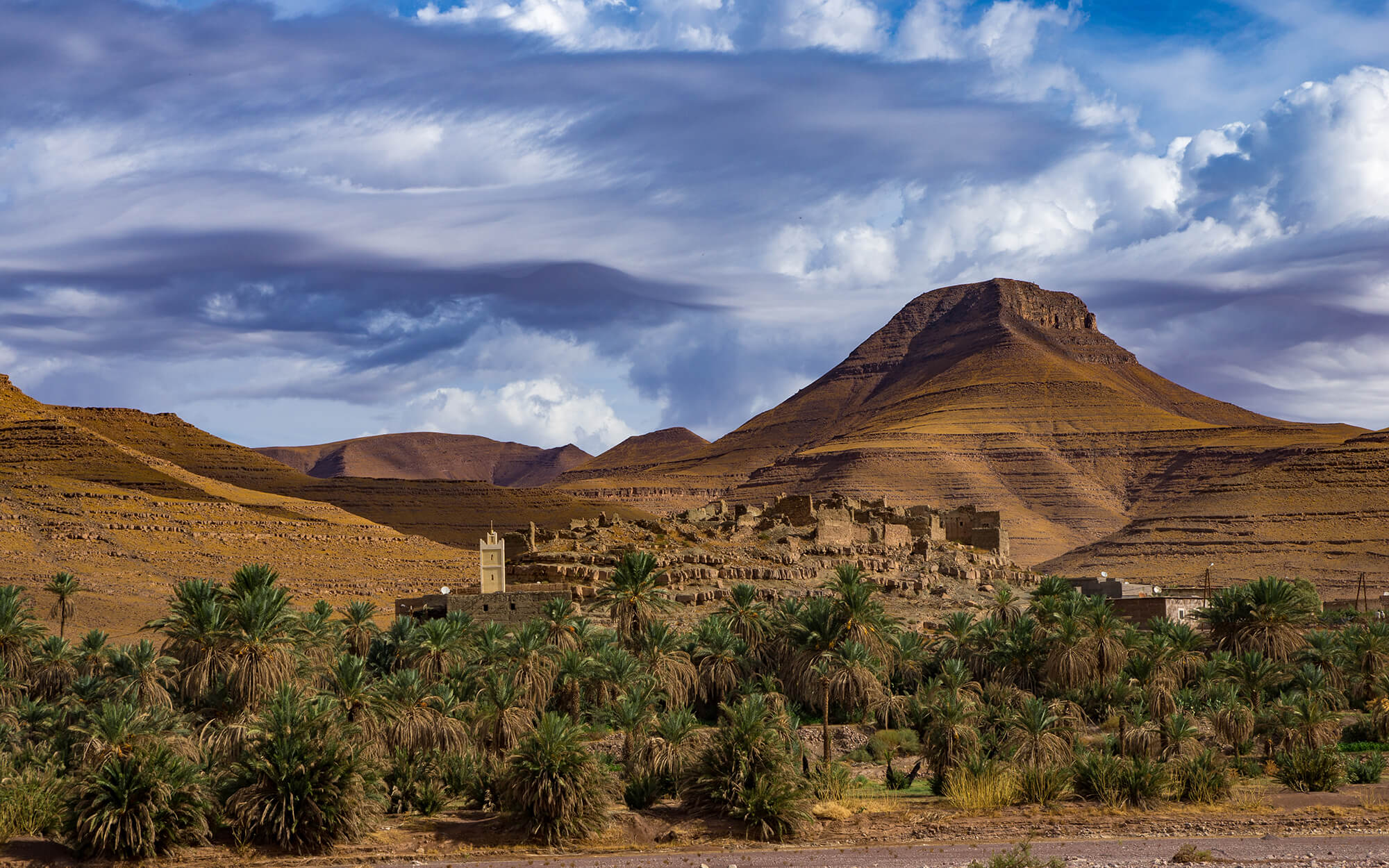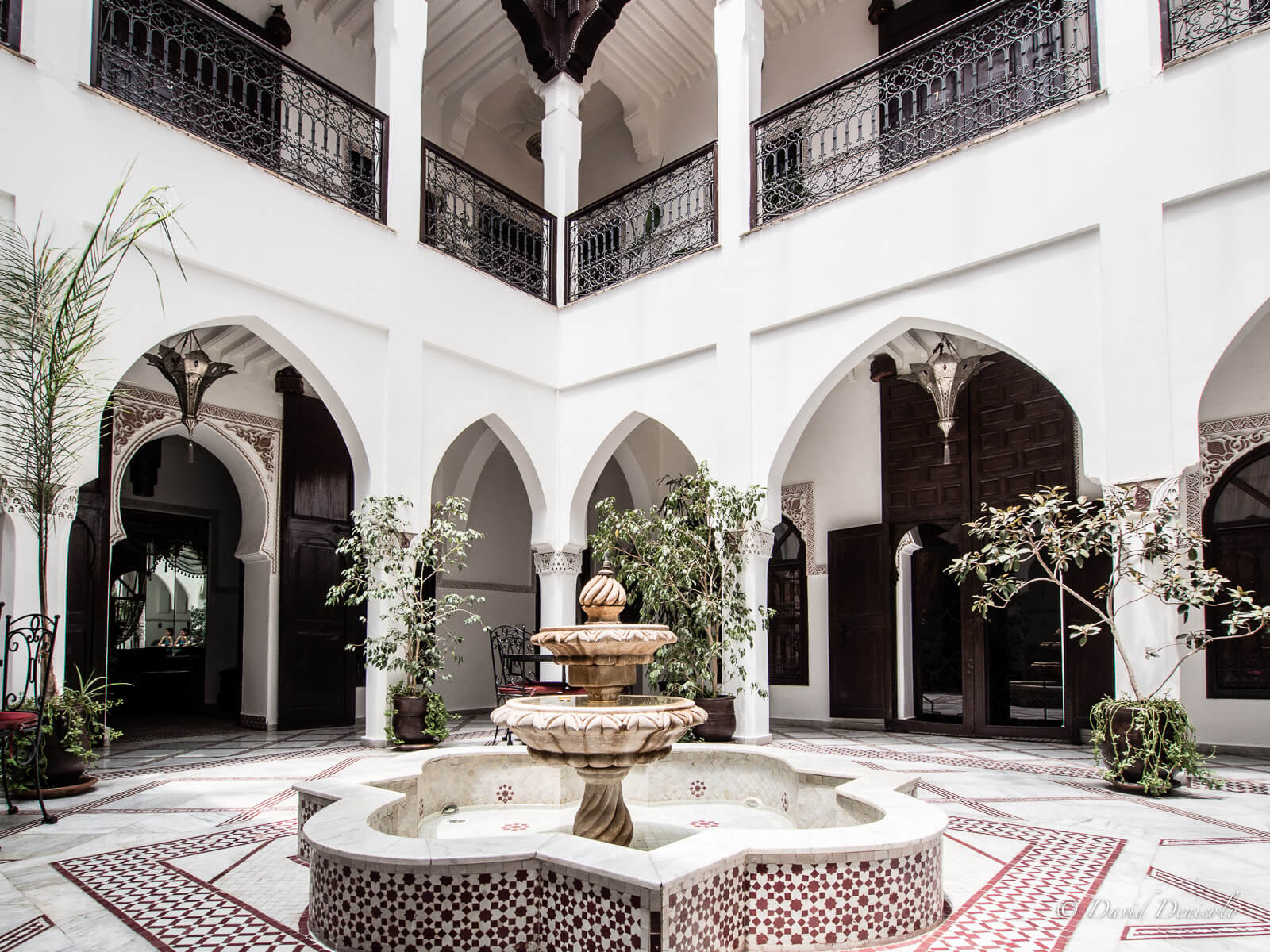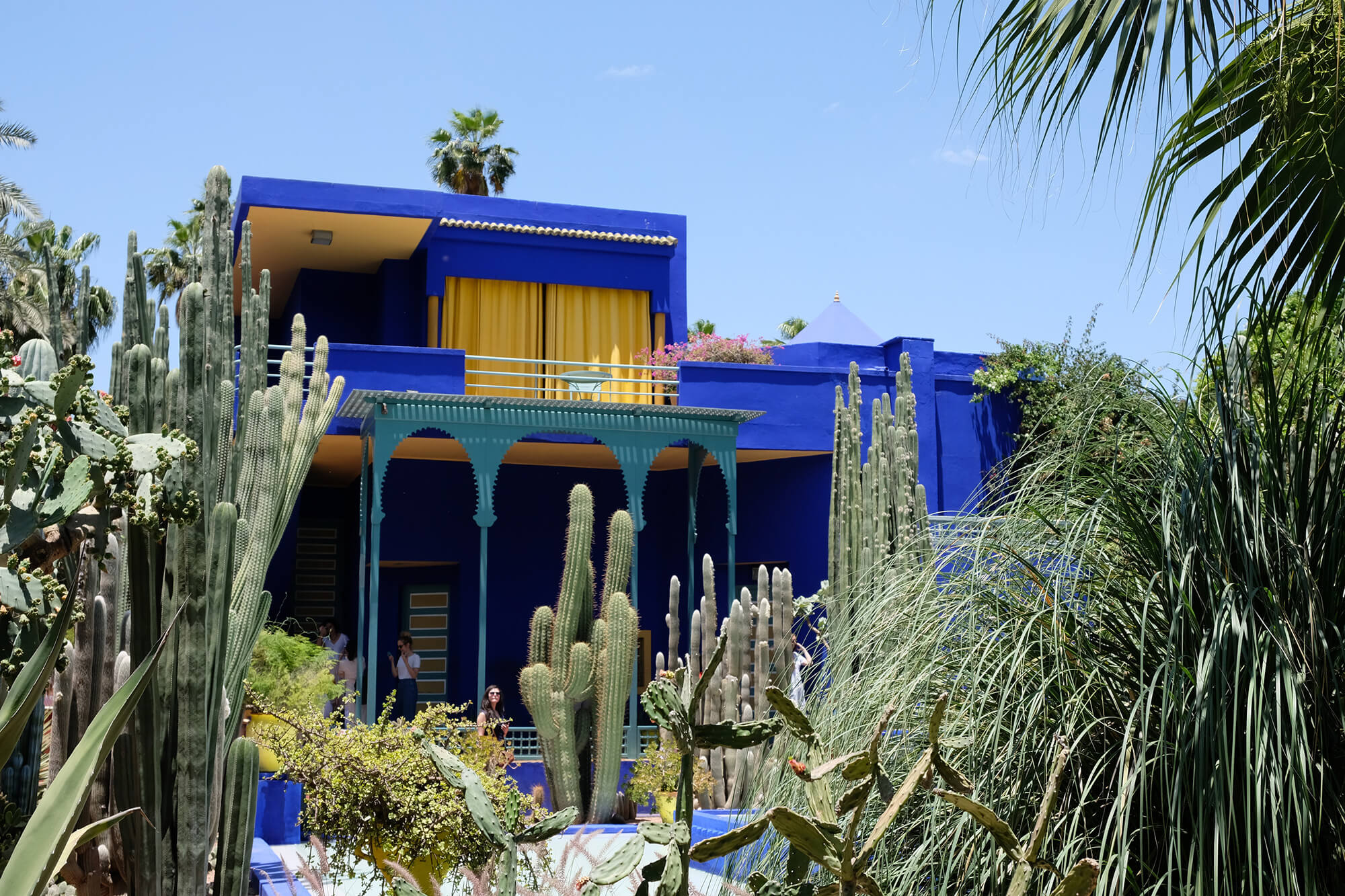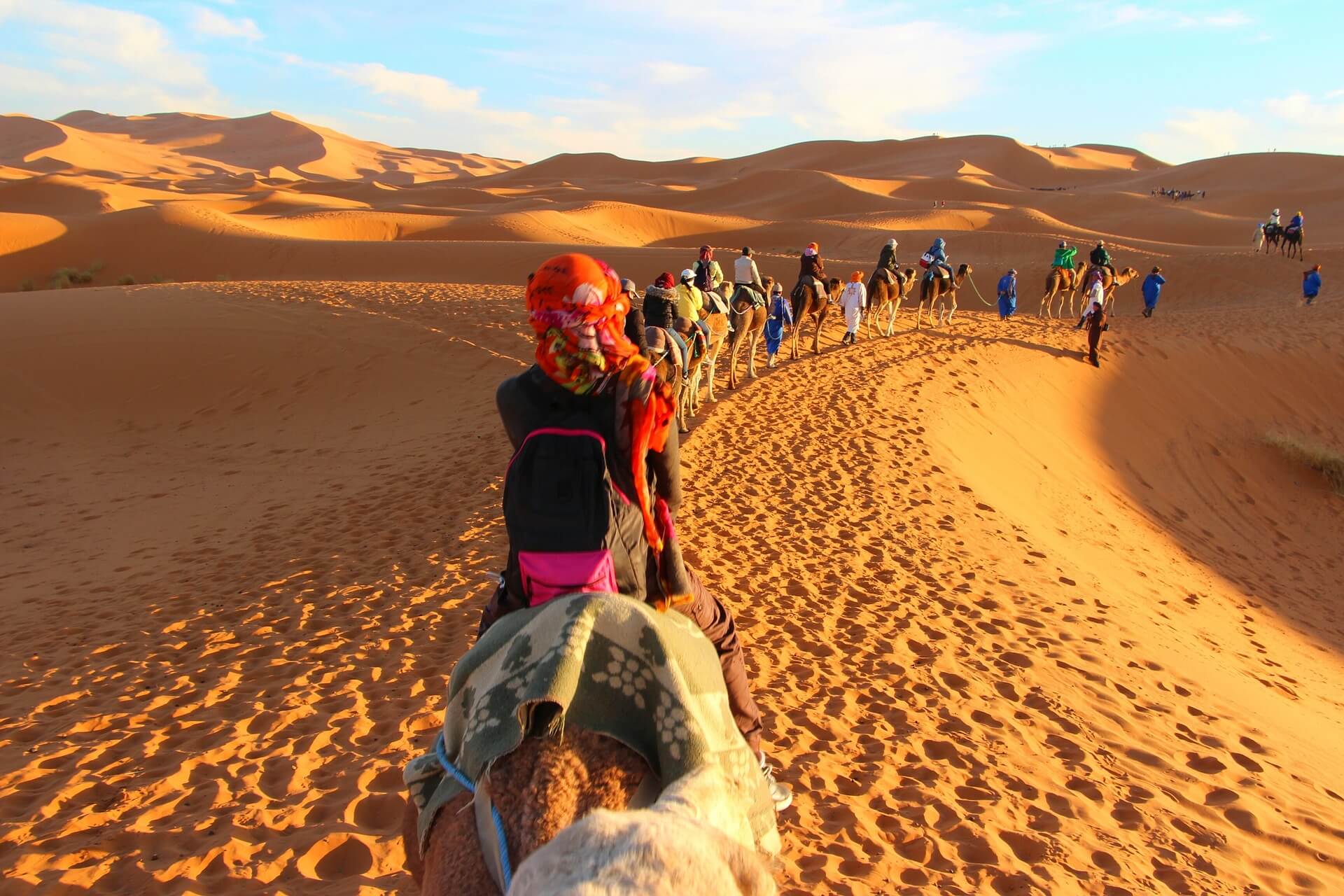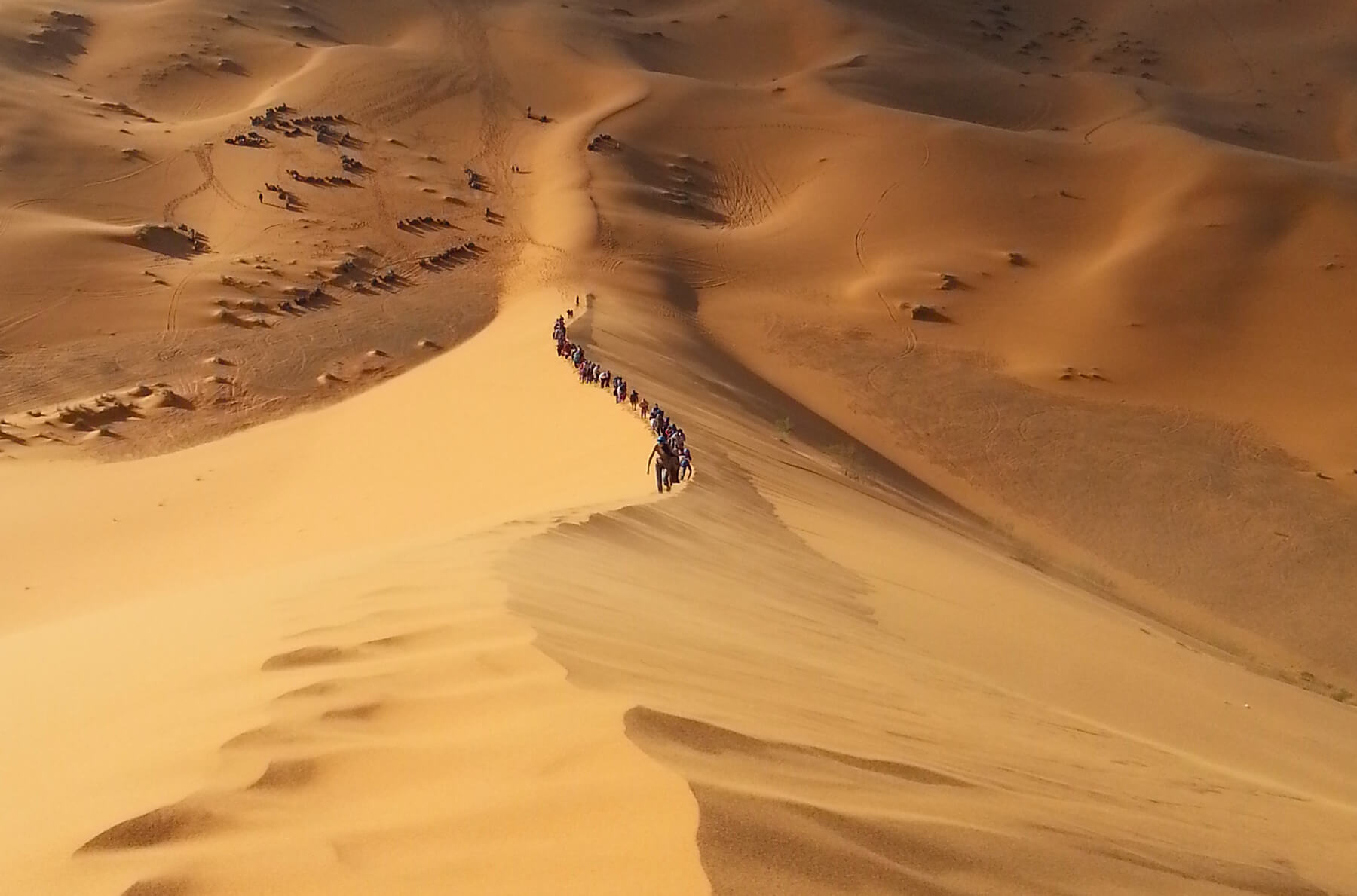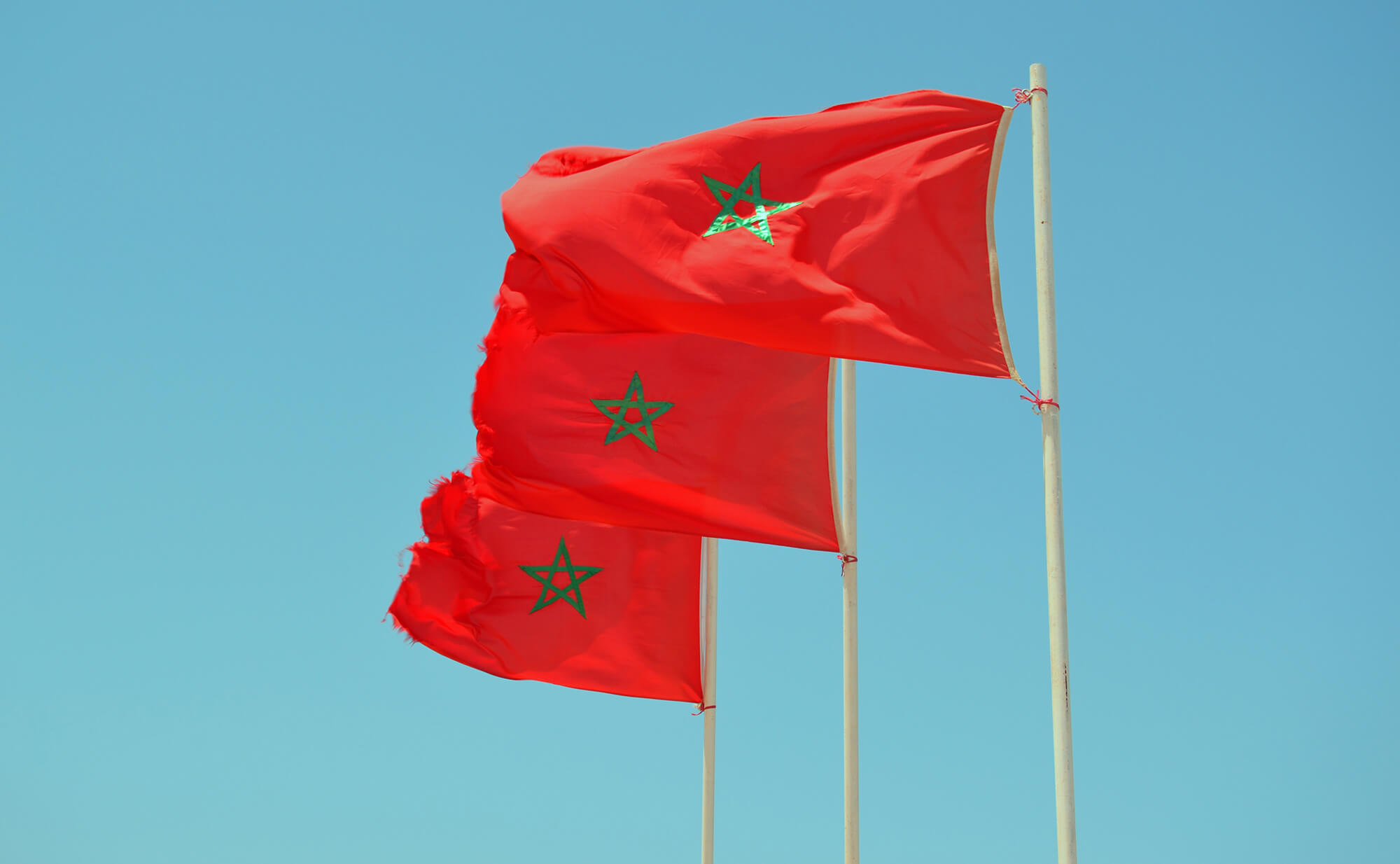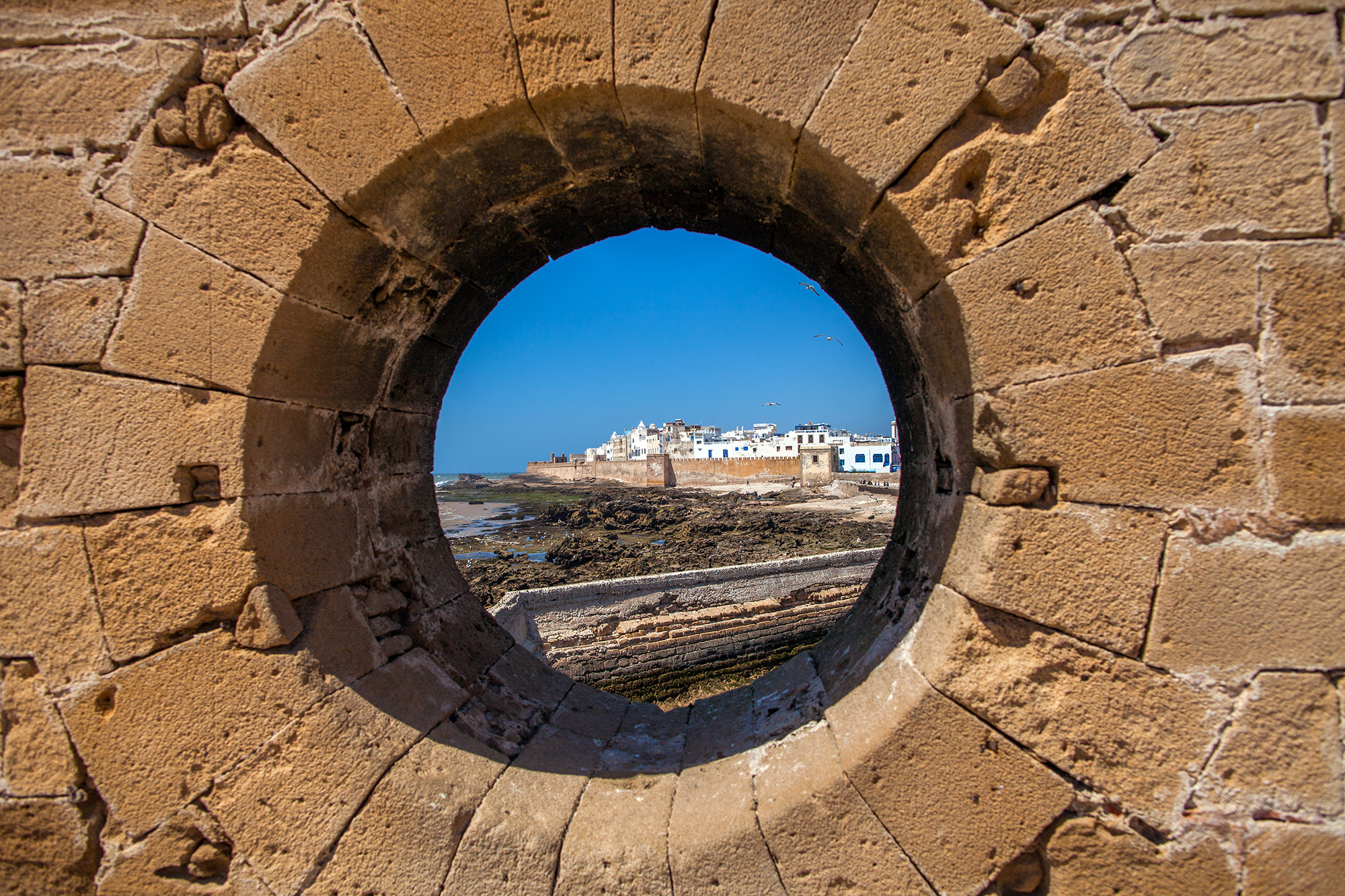Planning a trip to Morocco? Here are some helpful tips to familiarize you with what to expect from this enchanting country. A little knowledge goes a long way and locals will definitely appreciate your efforts.
Moroccan people are warm, hospitable, and especially welcoming towards foreigners. Before traveling to Morocco, it’s helpful to become somewhat familiar with the culture of Morocco.
Morocco is a religious and conservative country; the majority of Moroccans are Sunni Muslims (99%). Moroccans are tolerant people and many tend to be open-minded. Traditionally, women are expected to take care of the household and children, prepare meals, and stay at home. It’s not common for them to leave the house alone. You will likely see more men than women out at cafes and restaurants though in bigger cities you might see more women outside the home.
Morocco is known for its cultural diversity, vibrant landscapes, and rich history. Here are some important tips to help better prepare you for your visit to Morocco and gain the respect of its people.
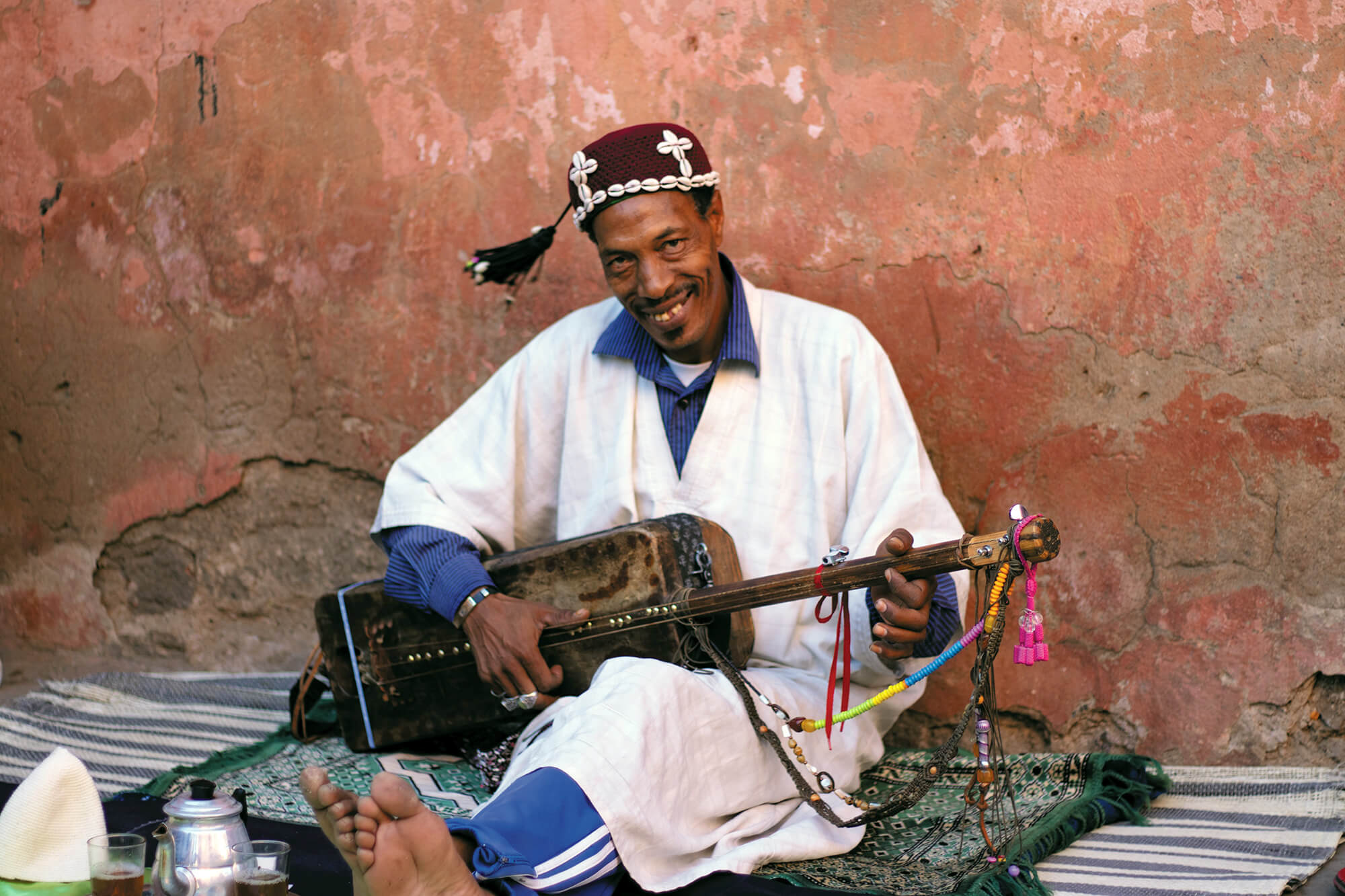
Greetings
Men and women generally do not make physical contact, especially in public. Kissing and cuddling in public is a definite no-no, even if you are married.
Women kiss women on the cheeks. Men shake hands with other men and often kiss one cheek. Usually, men bow when greeting a woman and vice versa. Only when a woman extends her hand towards a man does this indicate a handshake.
Dress
Wearing appropriate attire will show locals that you are respectful and help you to avoid less harassment, especially if you are a woman. It’s best to dress modestly and conservatively. For women, it’s important to keep the shoulders, arms, and legs covered. Acceptable clothing for women is long-sleeved shirts, long skirts, or loose-fitting pants (wearing tight-fitting clothing is likely to attract unwanted attention)
Men generally wear clothing that covers the shoulders and above the knee. Even though the atmosphere is more relaxed in bigger cities like Marrakech, Casablanca, and Rabat, the less skin you expose as a woman the less likely you are to deal with sexual harassment.
When visiting a rural village, it’s best to dress properly, especially if you are a woman, not to offend anyone and for your own safety.
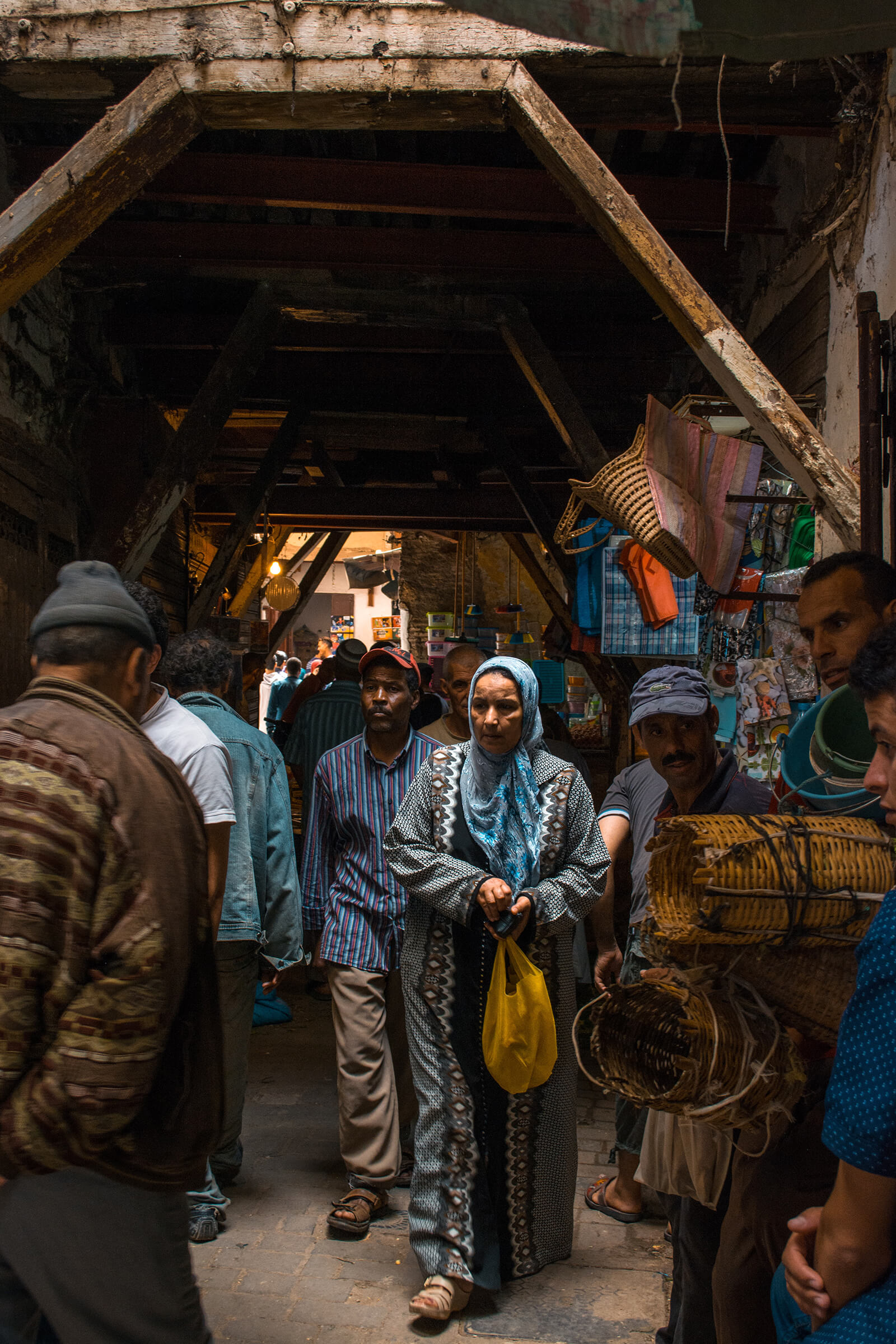
Visiting Someone’s Home
Chances are you will likely be invited into someone’s home. It’s important to know these basic customs not to offend your hosts or be disrespectful.
Remove your shoes before entering the home and leave them outside. It’s also a good idea to plan ahead of time (if you can) to wear clean socks and ones that don’t have holes. Nobody wants a pair of dirty feet in their house.
Bring a gift. It’s customary to bring a gift to present to your host. Traditionally, people bring a cone of sugar or tea, but these days it’s more common to give a gift of flowers, nuts, fruits, or sweet pastries.
Moroccans are pretty straight forward on the first meeting compared to the West and Europe. Don’t be surprised if you are asked about your marital status and whether or not you have children. It’s acceptable to ask your host and others present about their family and well-being. Be cautious about giving compliments. Generally, they tend to make people uncomfortable and can be seen as too forward.
Since Moroccans are extremely generous, complimenting them on how beautiful an object or an article of clothing is they also might feel obliged to give it to you.
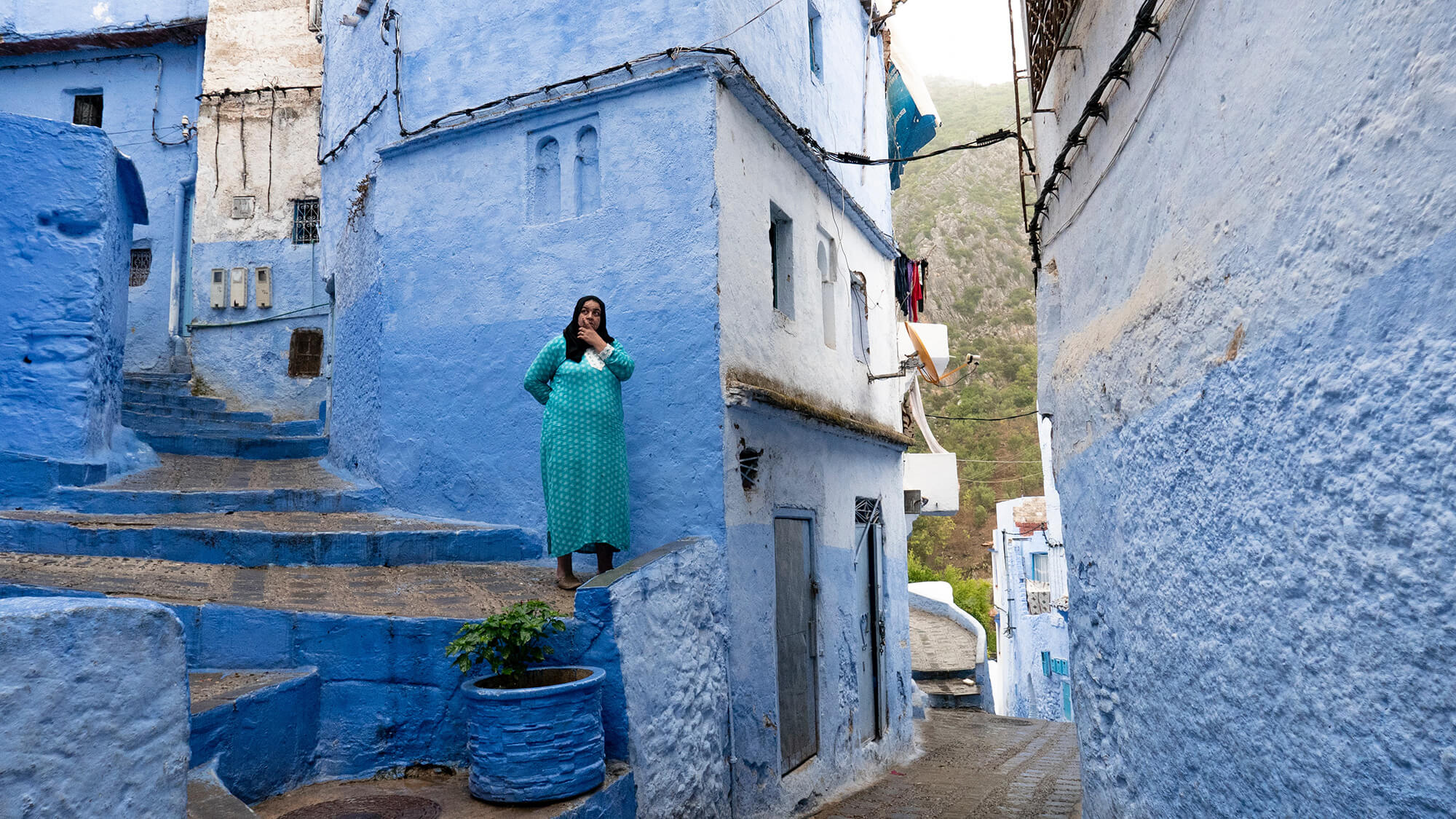
Dining
Most Moroccans tend to eat with their hands rather than use a knife or fork, especially in the home.
Eat only using your right hand. The left hand is considered unsanitary as it is reserved for using the toilet.
Before the meal, hands are washed and this means a washing bowl is usually brought to the table, and water is poured over your hands to clean them.
The food is blessed and then the meal may be eaten. Since the meal is served in a communal dish, eat only from the area right in front of you. Water is also usually served in a communal glass.
Keep in mind not to wipe your hands on the tablecloth or lick your fingers. The washing bowl will be presented after the meal to clean your hands.
“Bismillah” means “in the name of Allah” and is said as a blessing at the beginning and end of the meal. You may impress your host if you say this at the meal.
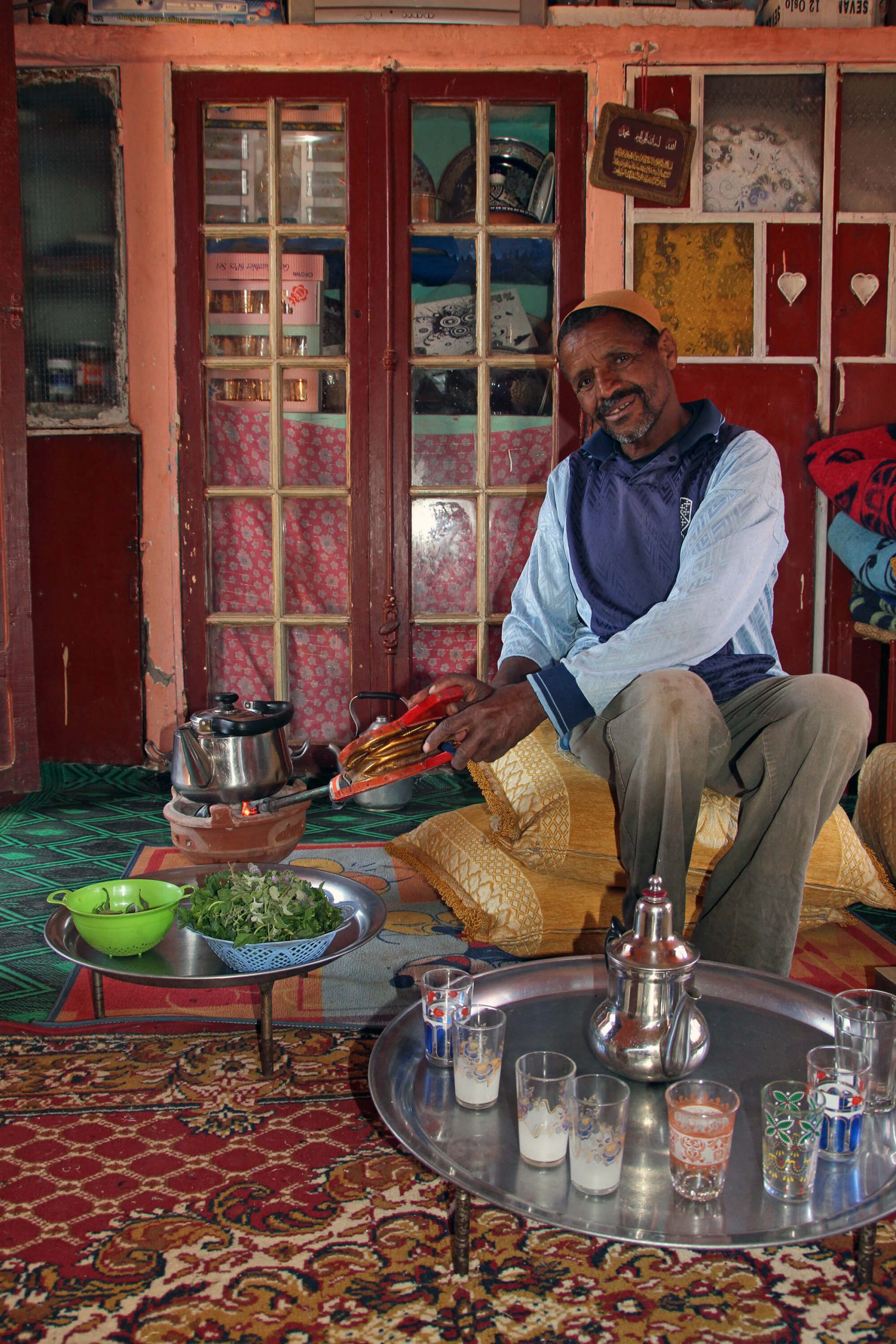
Alcohol
Drinking alcohol in public is strictly prohibited. Muslims are forbidden to drink alcohol and therefore, it is frowned upon by most. Alcohol is available in many restaurants and bars, but it is consumed behind closed doors. You can find alcohol to purchase and drinking in private is your choice.
Ramadan
The holy month of Ramadan is a time of prayer, fasting, reflection, and community. For the entire month, Muslims fast and refrain from eating, drinking, tobacco, and sexual activities or thoughts from sunrise to sunset. This does not mean that you must also fast, but it does mean that you should be respectful. Make conscious efforts to avoid eating or drinking in public places. The time of Ramadan changes every year, so it’s a good idea to find out when it will be when planning your trip.
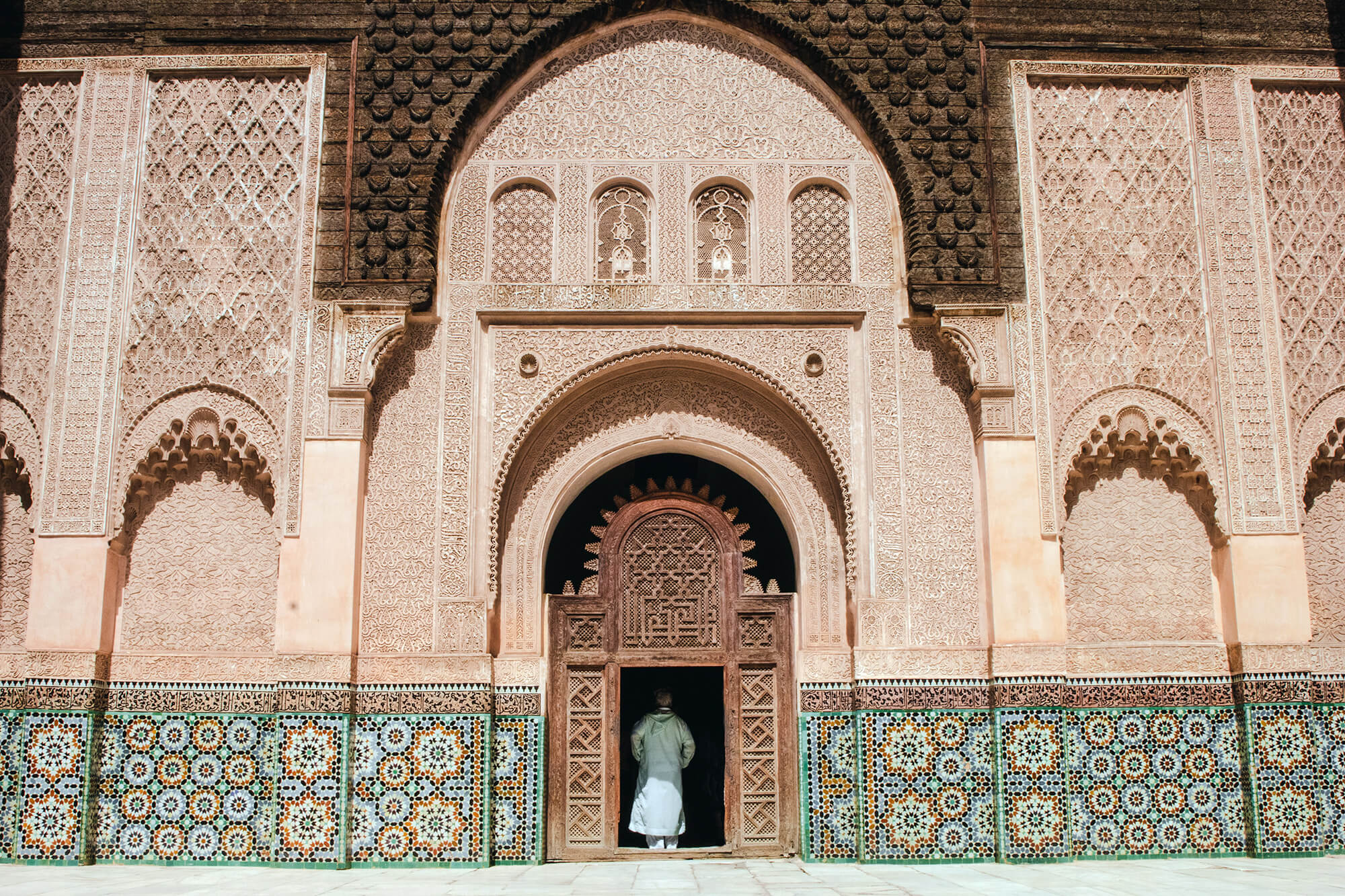
Mosques
Most mosques are off-limits to non-Muslims and you will not be allowed to enter or photograph the interiors. There are a few mosques that do permit non-Muslims entry like the Hassan II Mosque in Casablanca and the Tin Mal Mosque in Al Haouz, a small village in the High Atlas Mountains.
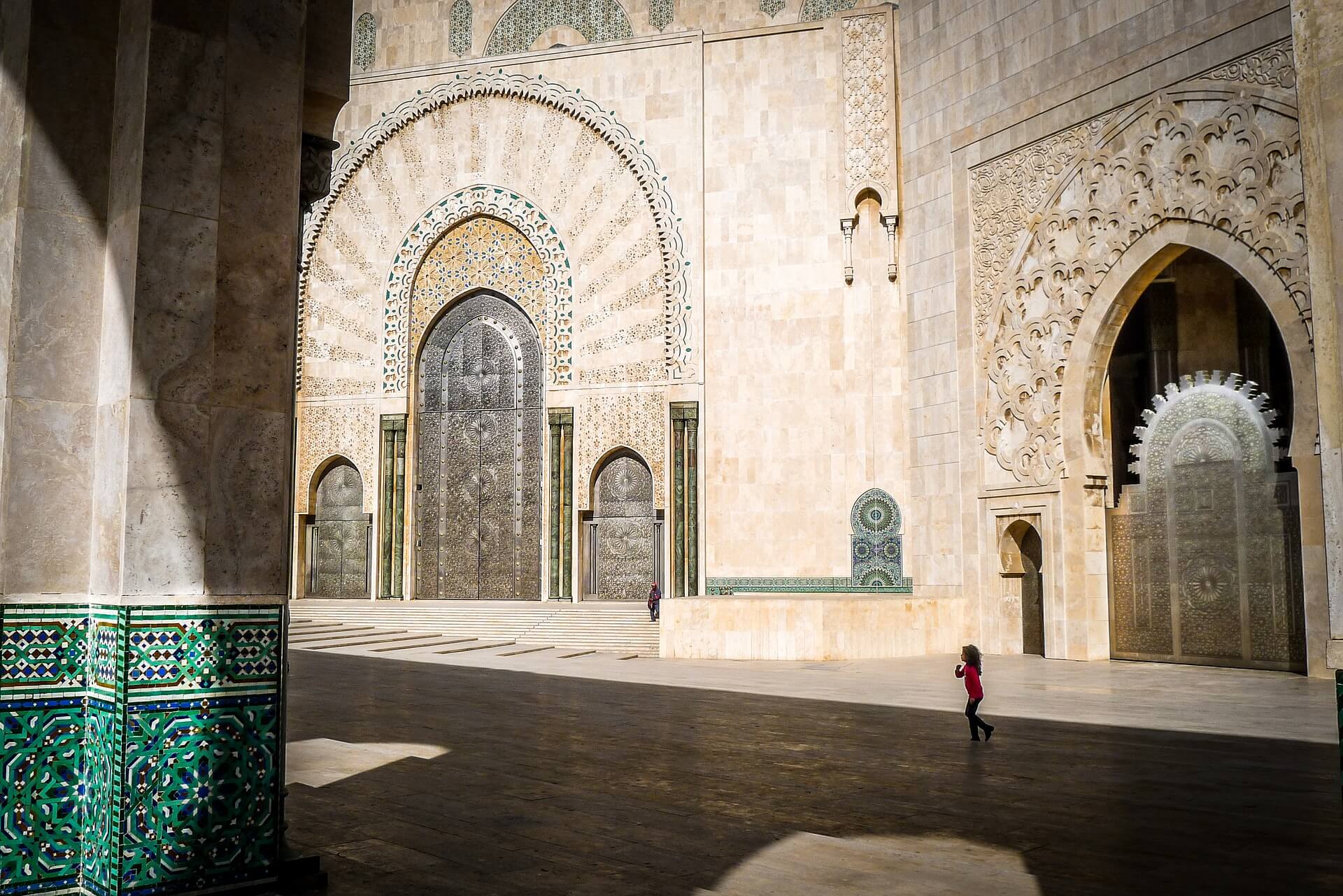
Tipping
Tipping is necessary and accepted everywhere: restaurants, cafes, and hotels. Usually, a tip of 3 to 5 dirhams is the standard. In restaurants, it’s an average of 10% on your bill. Taxi drivers are also tipped and will be grateful for your generosity. It is also customary to tip your tour guide as they are working hard to make sure you have an amazing holiday!
Other things to keep in mind about the culture of Morocco:
Gestures
Putting your hand on your heart generally means “thank you” or “peace be with you”
To beckon someone, place your hand downward and sweep your palm toward you. It is considered rude to use your pointer finger to ask someone to approach you.
Punctuality
Moroccans tend to run on “Moroccan time” meaning they tend to be late for appointments or meetings and this is culturally acceptable for them. Expect most people to show up thirty minutes later than the time you planned on.
Being too polite
It’s always important to have good manners when traveling in any foreign country, but being too polite or friendly can sometimes be mistaken as an invitation for romance. Unfortunately, this tends to be the case if you’re a woman traveler in Morocco. Generally, Moroccan women tend to be more distant so your kindness could be misinterpreted as a romantic gesture.
For even further knowledge of Moroccan culture, immerse yourself in the culture, be open to new customs, and observe people in public and private spaces.
Keep in mind that it’s wise to learn facts about Morocco culture before you go.
Overall, share what you learn from your travel experiences!
